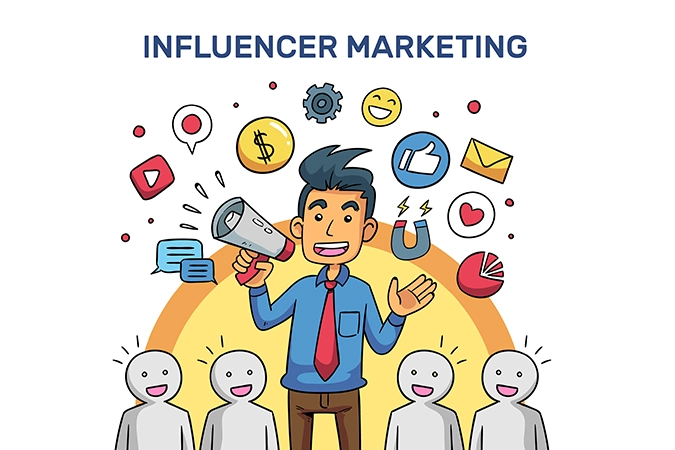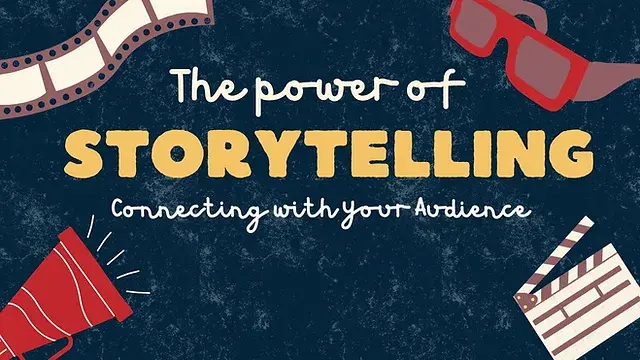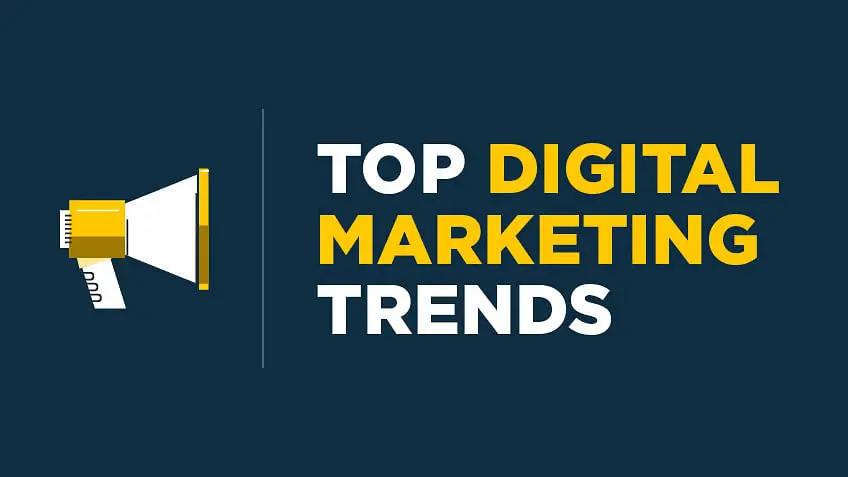In the digital age, social media influencers have emerged as powerful catalysts in the realm of advertising, revolutionizing traditional marketing approaches and reshaping consumer behavior. This article explores the pivotal role that influencers play in modern advertising campaigns, examining their impact, effectiveness, and the strategies brands can employ to harness their influence for maximum reach and engagement.
Social media influencers have transformed from mere content creators to influential figures capable of swaying consumer perceptions and purchasing decisions. With millions of followers across various platforms, influencers wield immense power to amplify brand messages and connect with target audiences on a personal level.
Contents
The Rise of Influencer Marketing
1. Defining Influencer Marketing
Influencer marketing involves collaborating with individuals who have a significant following and credibility in specific niches or industries. These influencers leverage their authority and authenticity to endorse products or services, making them more appealing and relatable to their audience.
2. Impact on Consumer Behavior
Studies show that consumers trust recommendations from peers and influencers more than traditional advertisements. Influencers build trust through authentic storytelling and genuine engagement, influencing followers’ purchasing decisions and brand preferences.
Types of Influencers
1. Mega-Influencers
Celebrities and public figures with millions of followers across multiple platforms. They have wide-reaching influence but may lack niche specificity.
2. Macro-Influencers
Individuals with a substantial following (100,000 to 1 million followers) who specialize in specific topics or industries. They offer a balance between reach and engagement within targeted communities.
3. Micro-Influencers
Smaller-scale influencers (1,000 to 100,000 followers) who have a highly engaged audience within specific niches. They often offer higher engagement rates and authenticity compared to larger influencers.
4. Nano-Influencers
Individuals with a modest following (usually less than 1,000 followers) but high engagement and influence among their immediate networks. They excel in hyper-local or niche markets.
The Effectiveness of Influencer Campaigns
1. Authenticity and Trust
Consumers perceive influencer endorsements as more authentic and trustworthy compared to traditional advertisements. Influencers’ genuine connections with their audience foster credibility, making their recommendations more influential.
2. Targeted Reach
Influencers allow brands to reach specific demographics and niche markets that align with their target audience. This targeted approach enhances campaign effectiveness and ROI by connecting with consumers who are more likely to convert.
3. Engagement and Interaction
Influencers facilitate meaningful interactions between brands and consumers through comments, likes, shares, and direct messages. This engagement builds community, increases brand awareness, and drives conversations around products or services.
Strategies for Effective Influencer Campaigns
1. Define Objectives and Target Audience
Clarify campaign goals, whether it’s brand awareness, product launch, or driving sales. Identify the target audience and choose influencers whose demographics, values, and interests align with your brand.
2. Authentic Collaboration
Encourage influencers to create authentic content that resonates with their audience while incorporating your brand message naturally. Authenticity strengthens credibility and enhances engagement.
3. Long-term Partnerships
Build lasting relationships with influencers to foster continuity and authenticity in campaigns. Long-term partnerships allow influencers to become advocates for your brand, driving sustained engagement and loyalty.
4. Measure and Analyze
Utilize analytics tools to track key performance indicators (KPIs) such as reach, engagement rate, click-through rate (CTR), and conversion metrics. Analyzing campaign data provides insights into effectiveness and informs future strategies.
Case Studies of Successful Influencer Campaigns
1. Glossier
Glossier, a skincare and beauty brand, leverages micro-influencers to promote its products on Instagram. By partnering with influencers who embody its brand values of natural beauty and inclusivity, Glossier has built a loyal community and achieved rapid growth.
2. Daniel Wellington
Daniel Wellington, a watch brand, collaborates with macro-influencers on Instagram to showcase its stylish timepieces. The brand’s minimalist aesthetic and influencer partnerships have driven global brand awareness and sales.
3. Gymshark
Gymshark, a fitness apparel brand, works with fitness influencers on YouTube and TikTok to showcase its performance wear. These partnerships have helped Gymshark establish credibility in the fitness community and drive online sales.
The Future of Influencer Marketing
1. Integration with E-commerce
Influencers are increasingly driving direct sales through shoppable posts and affiliate marketing. Brands will continue to integrate influencer campaigns with e-commerce platforms to streamline the path to purchase.
2. Rise of Authenticity
Consumers are demanding more transparency and authenticity from influencers. Brands will prioritize collaborations with influencers who genuinely align with their values and can authentically represent their products or services.
3. Regulation and Transparency
As influencer marketing matures, regulatory scrutiny on disclosure and transparency will increase. Brands and influencers must adhere to guidelines and disclose sponsored content to maintain trust and compliance.
In conclusion, social media influencers have become indispensable assets in modern advertising campaigns, offering brands unprecedented access to targeted audiences and opportunities for authentic engagement. By understanding the diverse landscape of influencers, deploying effective strategies, and fostering genuine collaborations, brands can harness the power of influencer marketing to drive brand loyalty, enhance visibility, and achieve long-term success in a competitive digital marketplace. As consumer behaviors and digital platforms evolve, influencer marketing will continue to evolve, presenting new opportunities and challenges for brands to navigate effectively.


